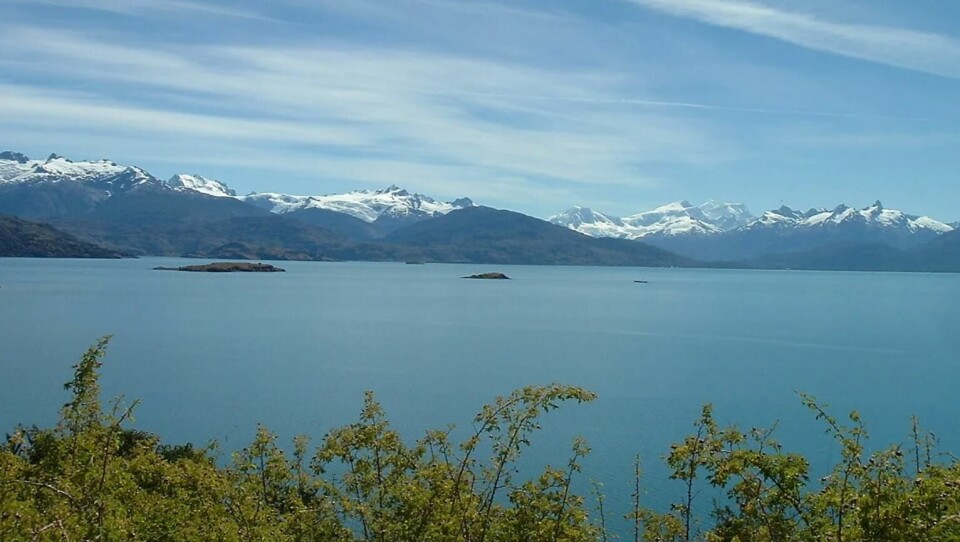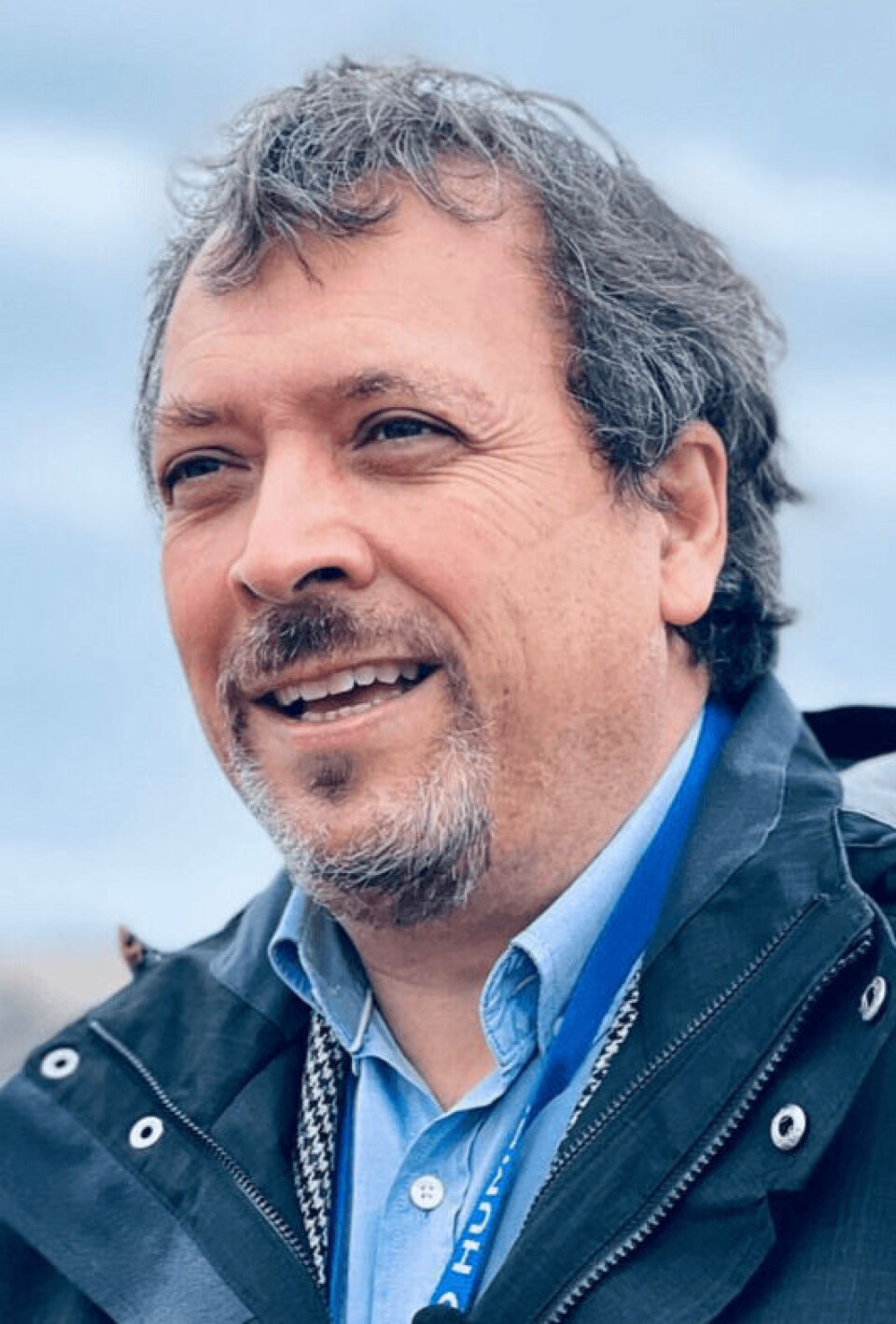
Cooke to relocate farms from Chilean national park
Salmon farmer Cooke Aquaculture has reached an agreement with Chilean authorities to relocate two fish sites from the Laguna San Rafael National Park, located in the Aysén region, according to officials.
President Gabriel Boric’s government wants to relocate fish farms from a variety of protected areas, even though in some cases the fish farms were there before the areas received protected designation.
The Undersecretary of Fisheries and Aquaculture, Julio Salas, told Fish Farming Expert’s Chilean sister site, Salmonexpert.cl, that progress was being made on two fronts: the definition of interministerial work on the subject and agreements with companies and communities.

Explicit signal
“The President of the Republic has given a fairly explicit signal, which is related to gradually advancing the exit of intensive salmon farming activity from protected areas, thinking of a just transition perspective,” said Salas.
National parks have the highest protected status “and this makes it totally unjustified that there is intensive salmon farming activity”, said Salas.
“We have made quick progress, reaching an agreement with Cooke Aquaculture for the release of two of its concessions from the Laguna San Rafael National Park, located in the Aysén region, to another suitable area.”
Family-owned Cooke, which is based in New Brunswick, Atlantic Canada and farms both Atlantic and coho salmon in Chile, declined to comment.
National reserves
The second level of protected areas are national reserves, where there is a greater proliferation of salmon farms. These areas and farms must be analysed to determine how farms can be gradually relocated, “always considering the opinion of the communities - it is very important never to develop arbitrary actions from the central authority”, said Salas.
The third level of protected areas, said Salas, are those where the coexistence of different activities, including salmon farming, can be achieved in a sustainable way. However, he emphasised that progress will also be made in differentiating crop densities, since in his opinion they cannot be the same in this type of vulnerable space than the in other areas.
Incentives for exit
“In some areas, any industrial activity, such as salmon farming, is completely impossible, but in others we must advance in differentiated regulations that generate incentives for exit, which today are established in a perverse way given that the regulations encourage the sector to grow in areas where the water is more pristine and the resources that are to be protected in terms of the environment and ecology are threatened,” argued Salas.
Asked if ministers might set a deadline for salmon farming to be removed entirely from protected areas by the end of the government’s term, Salas replied: “It would be arbitrary to propose a time horizon because a government strategy must be articulated with the Ministry of the Environment, the Ministry of National Assets and the Ministry of Defence.”























































